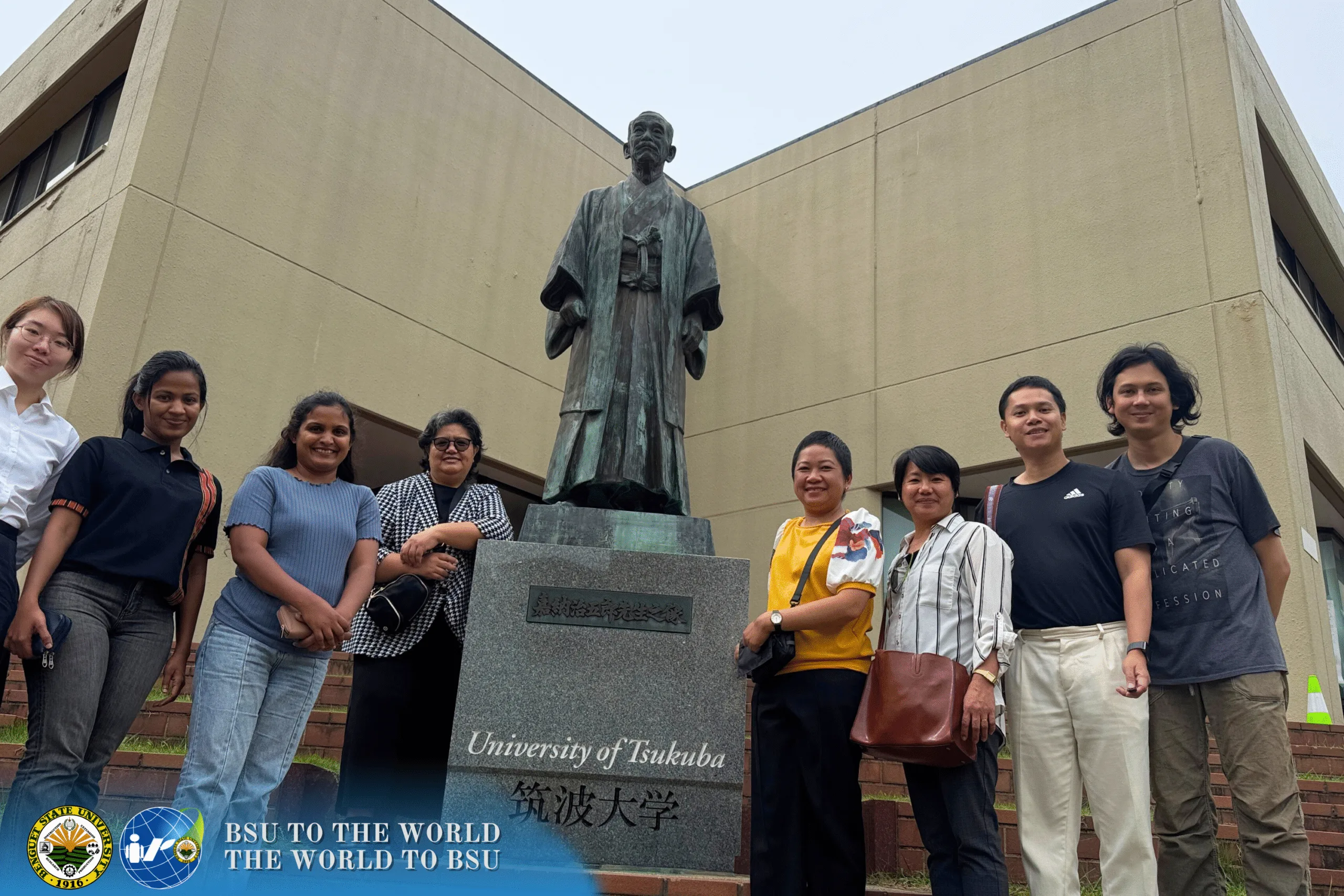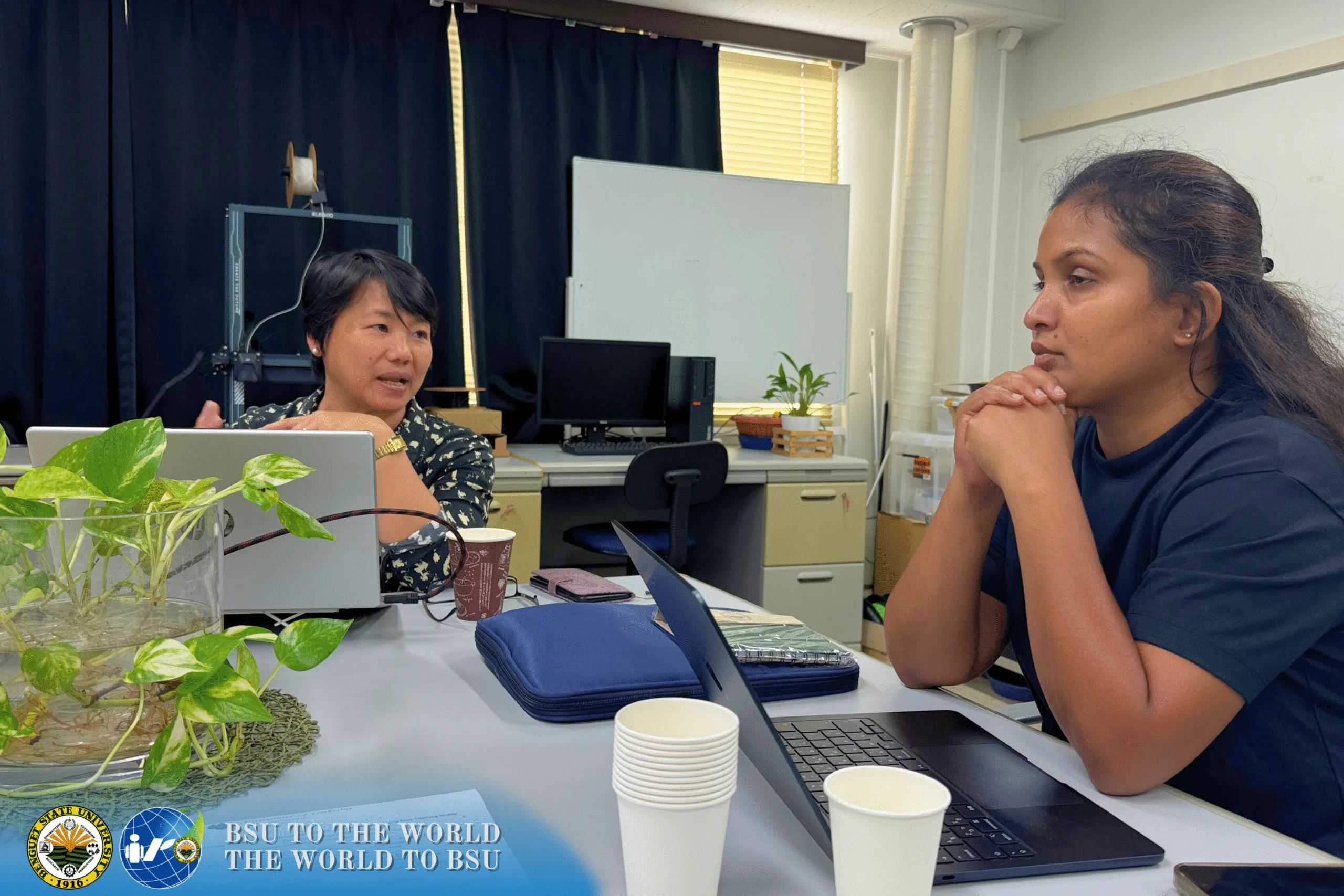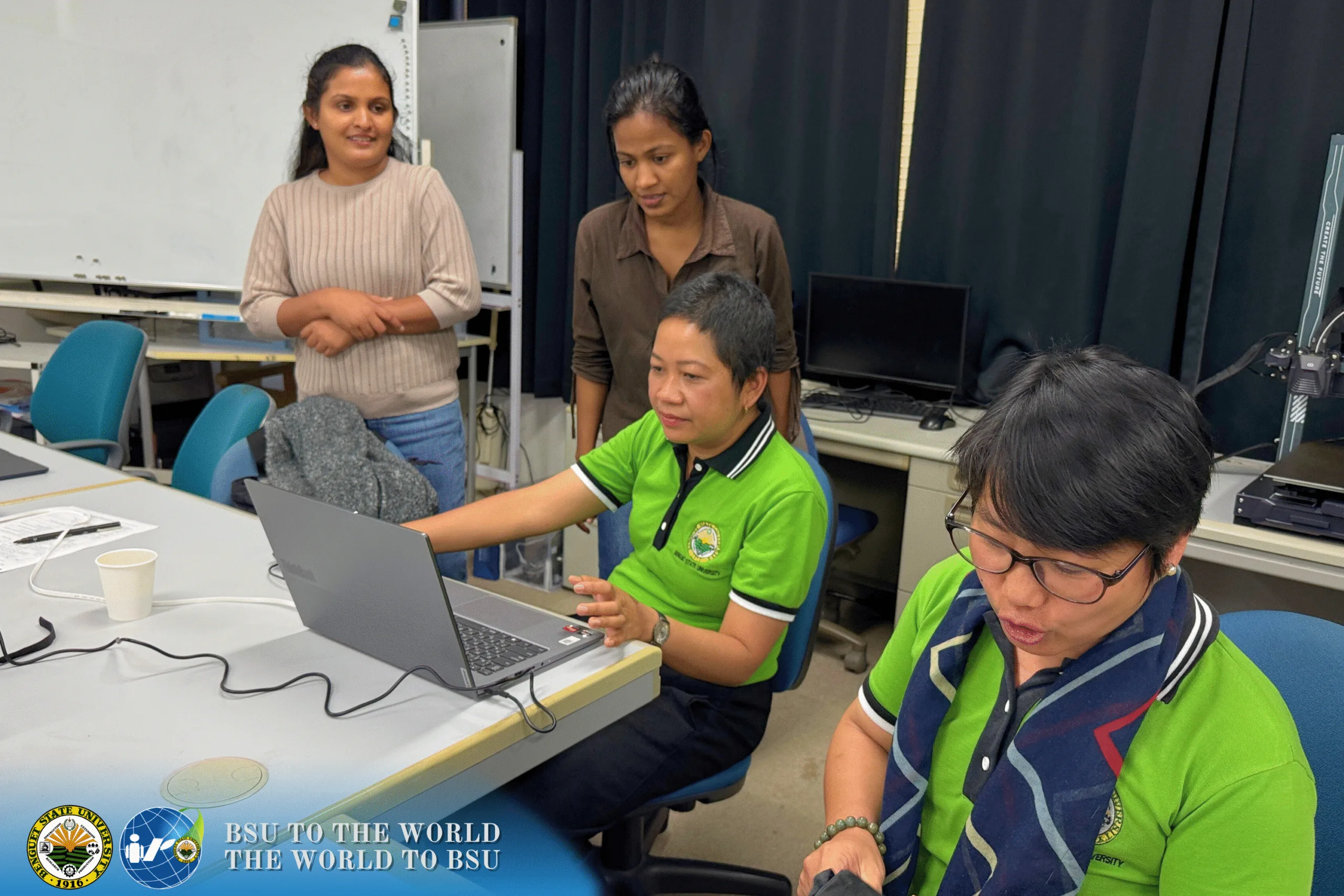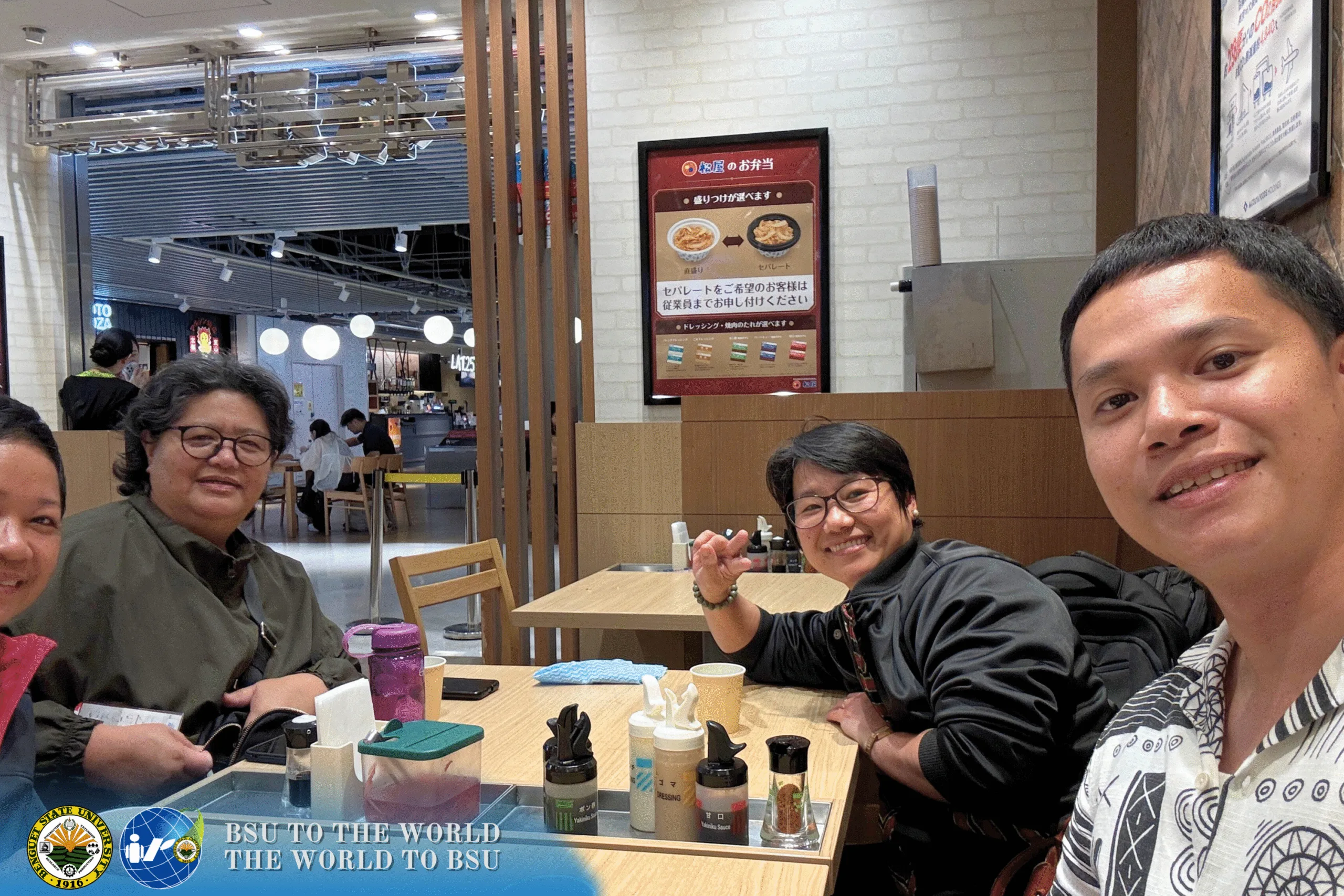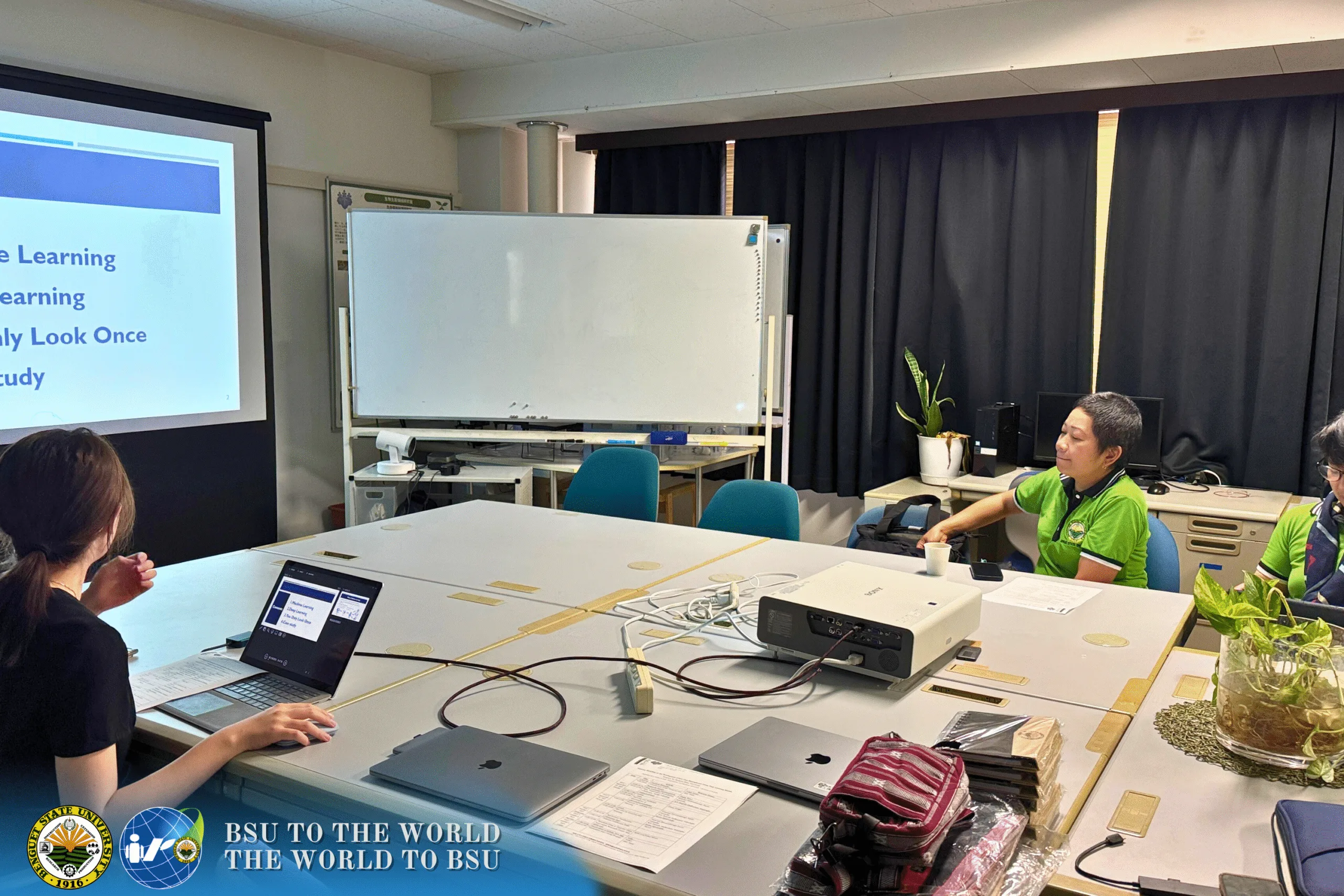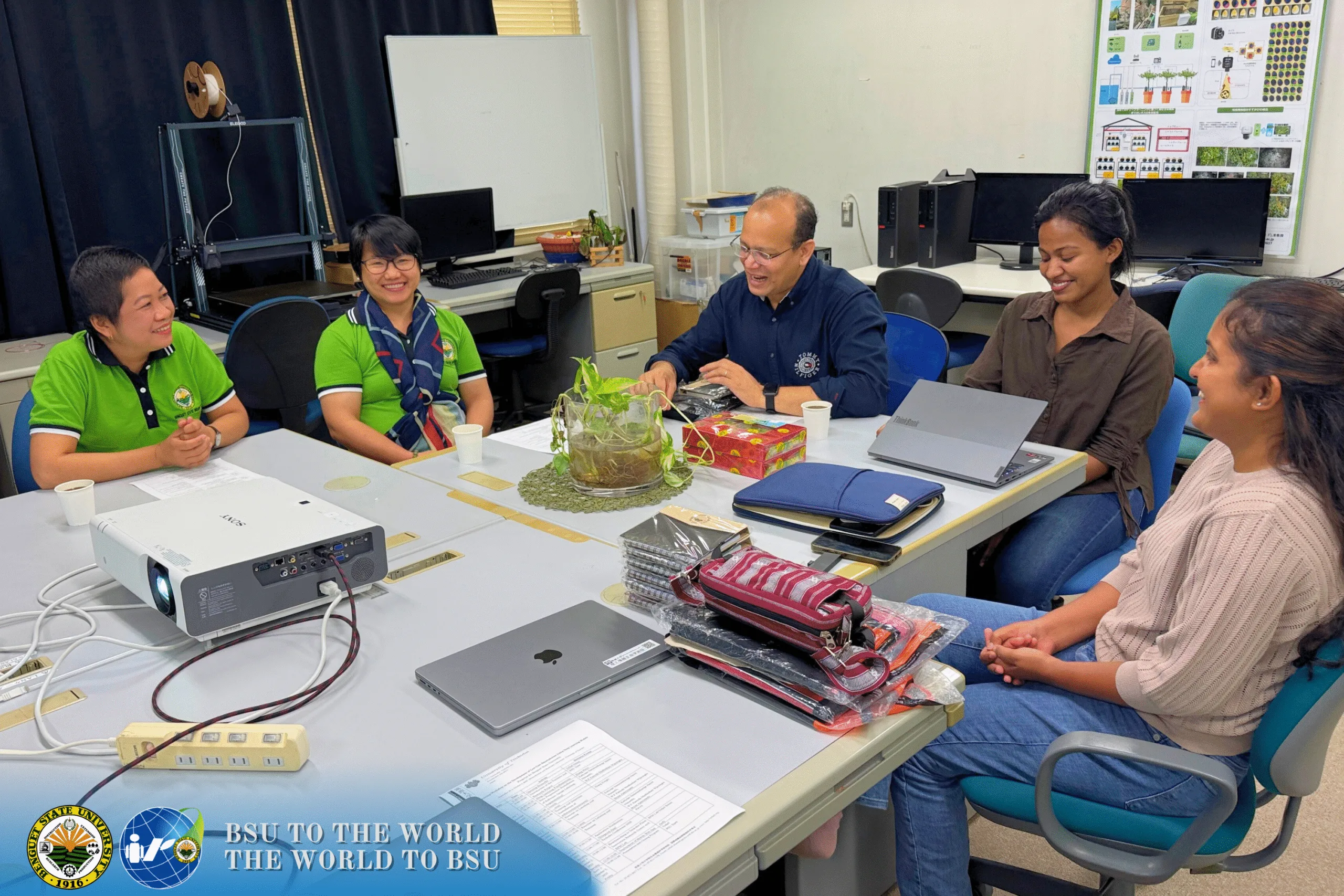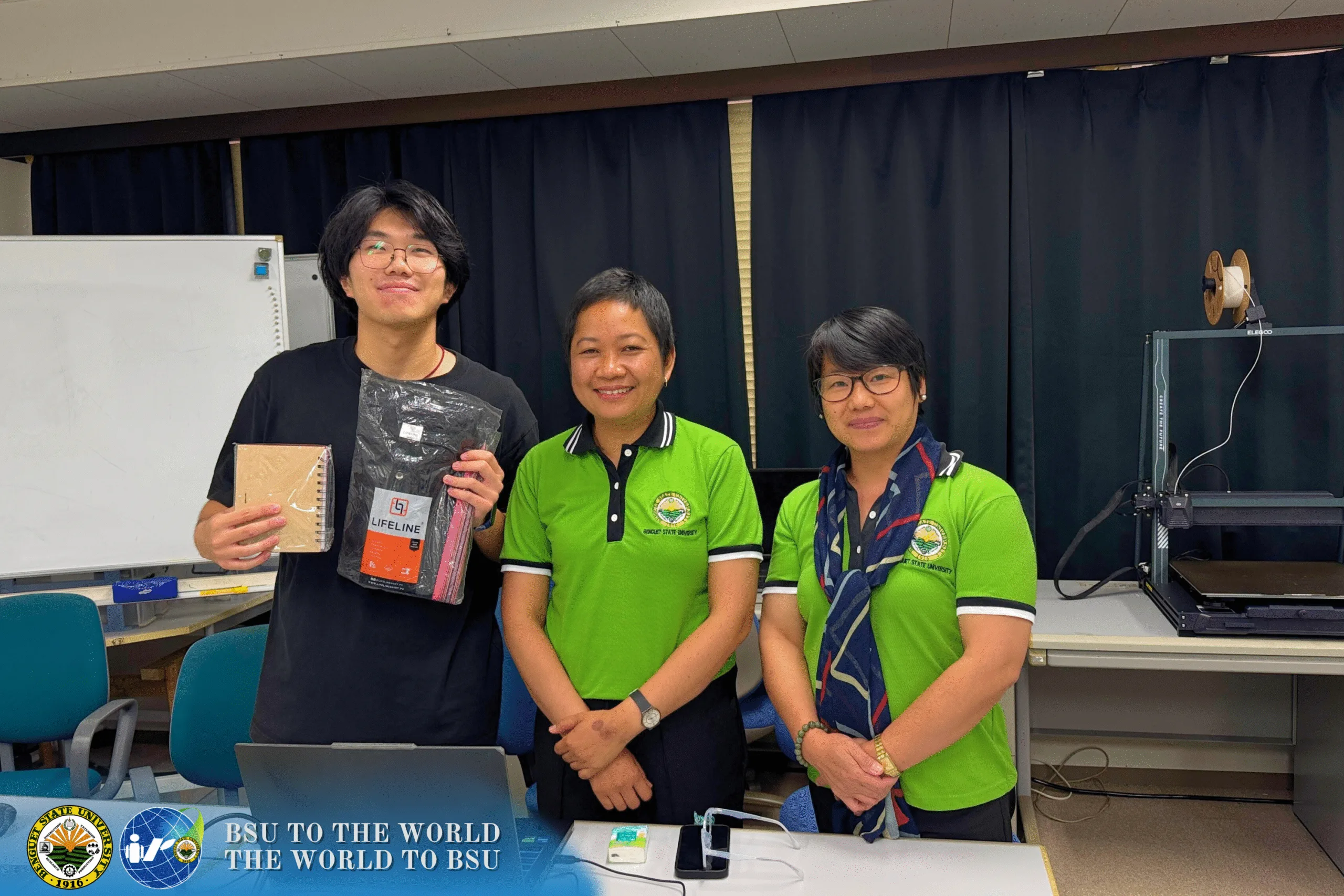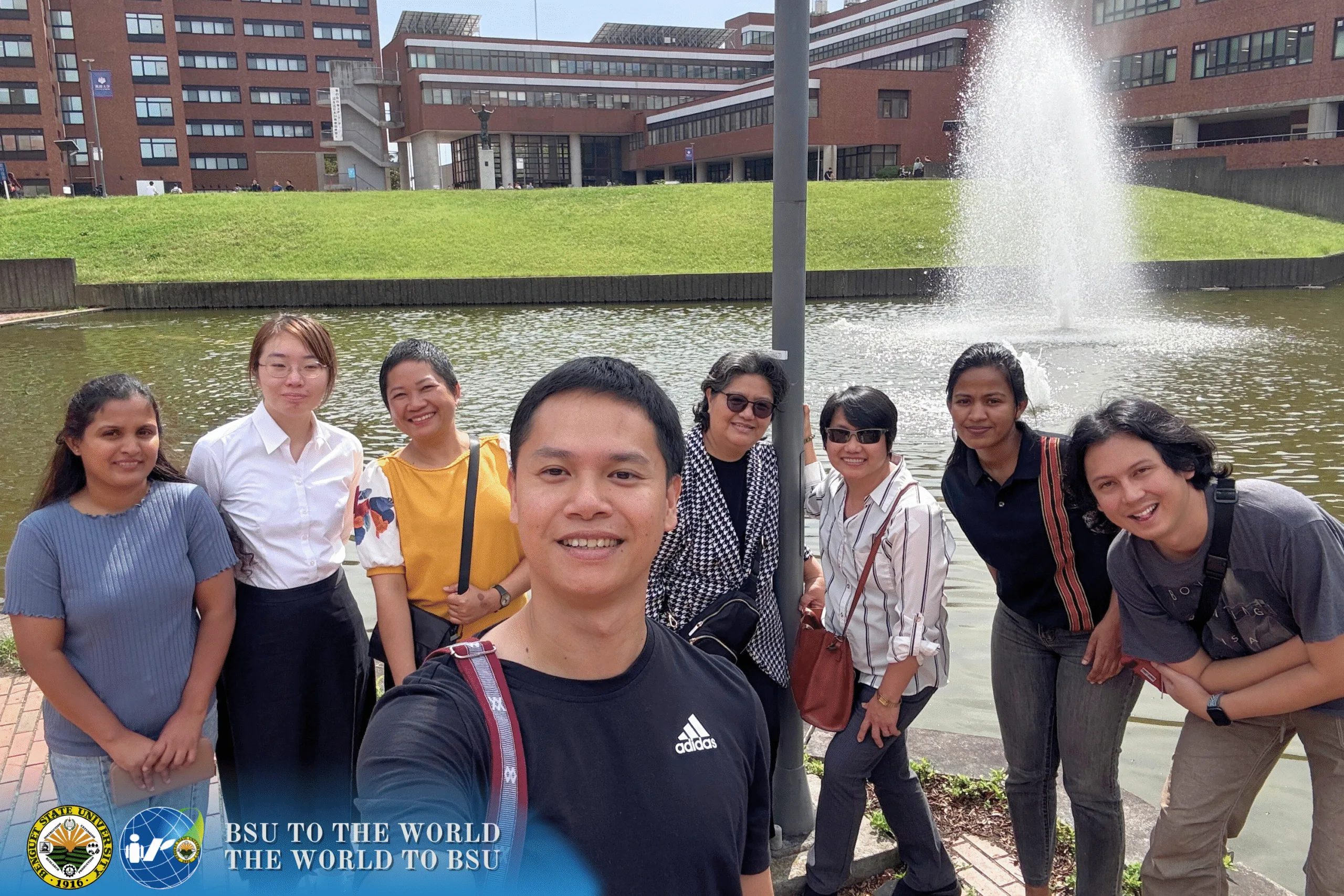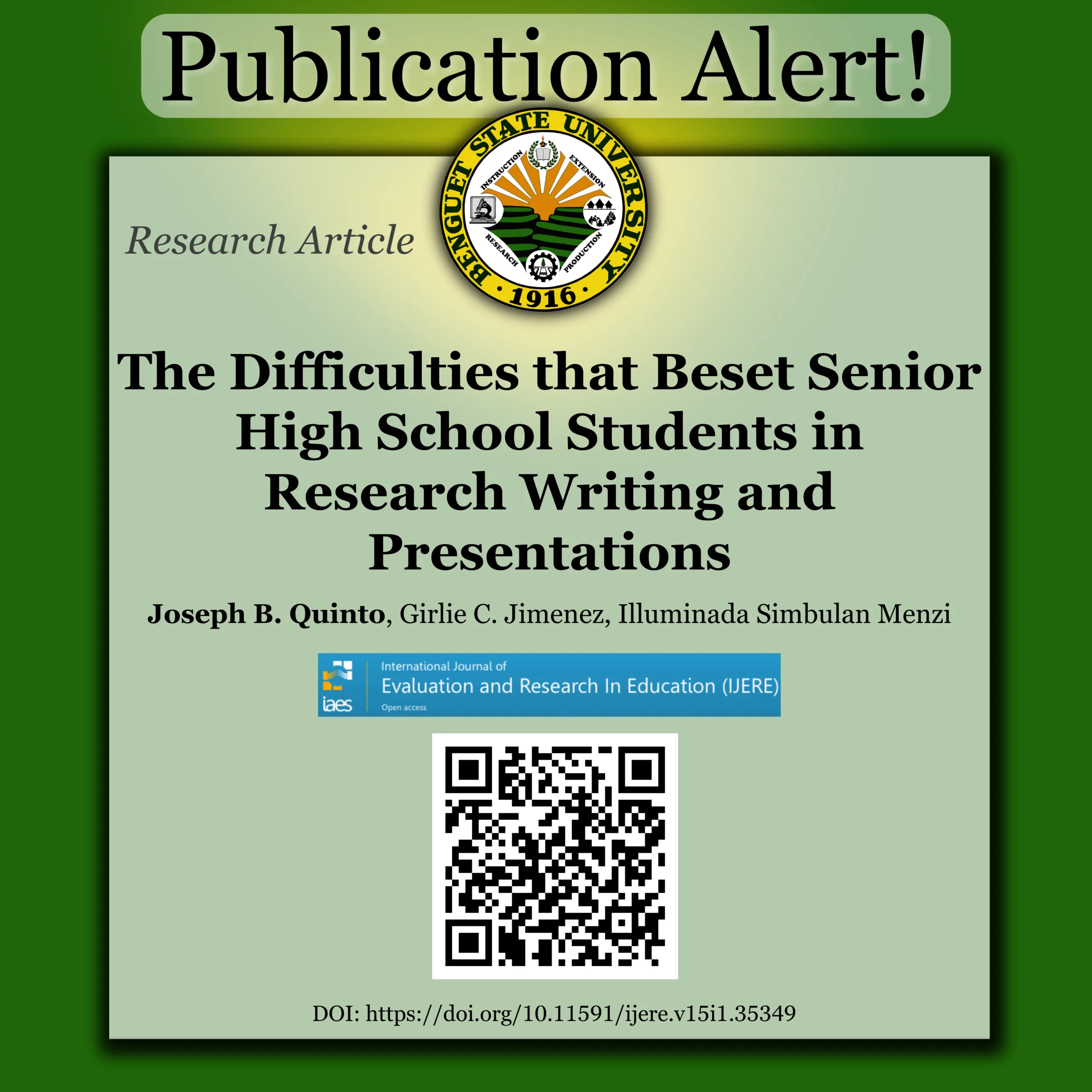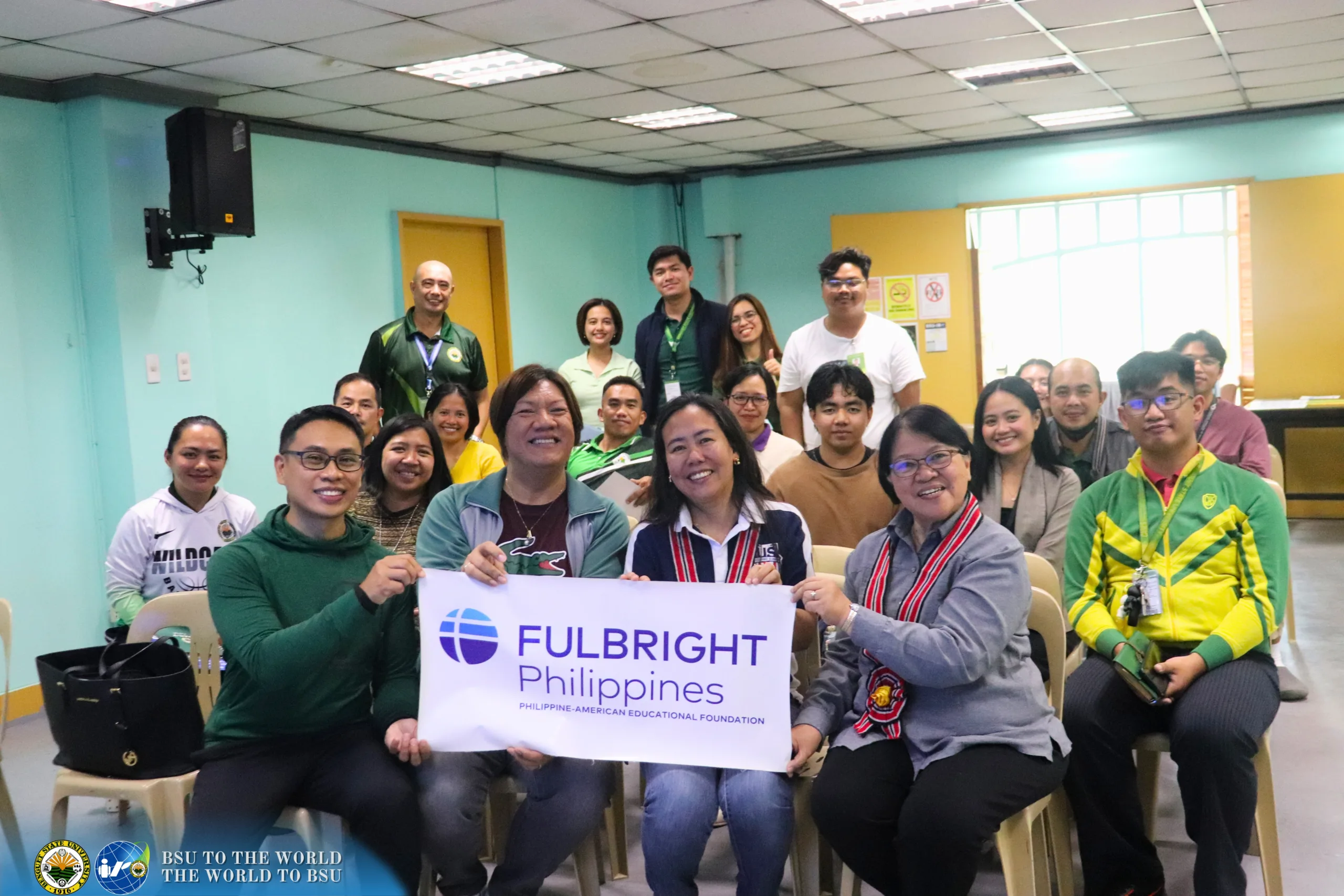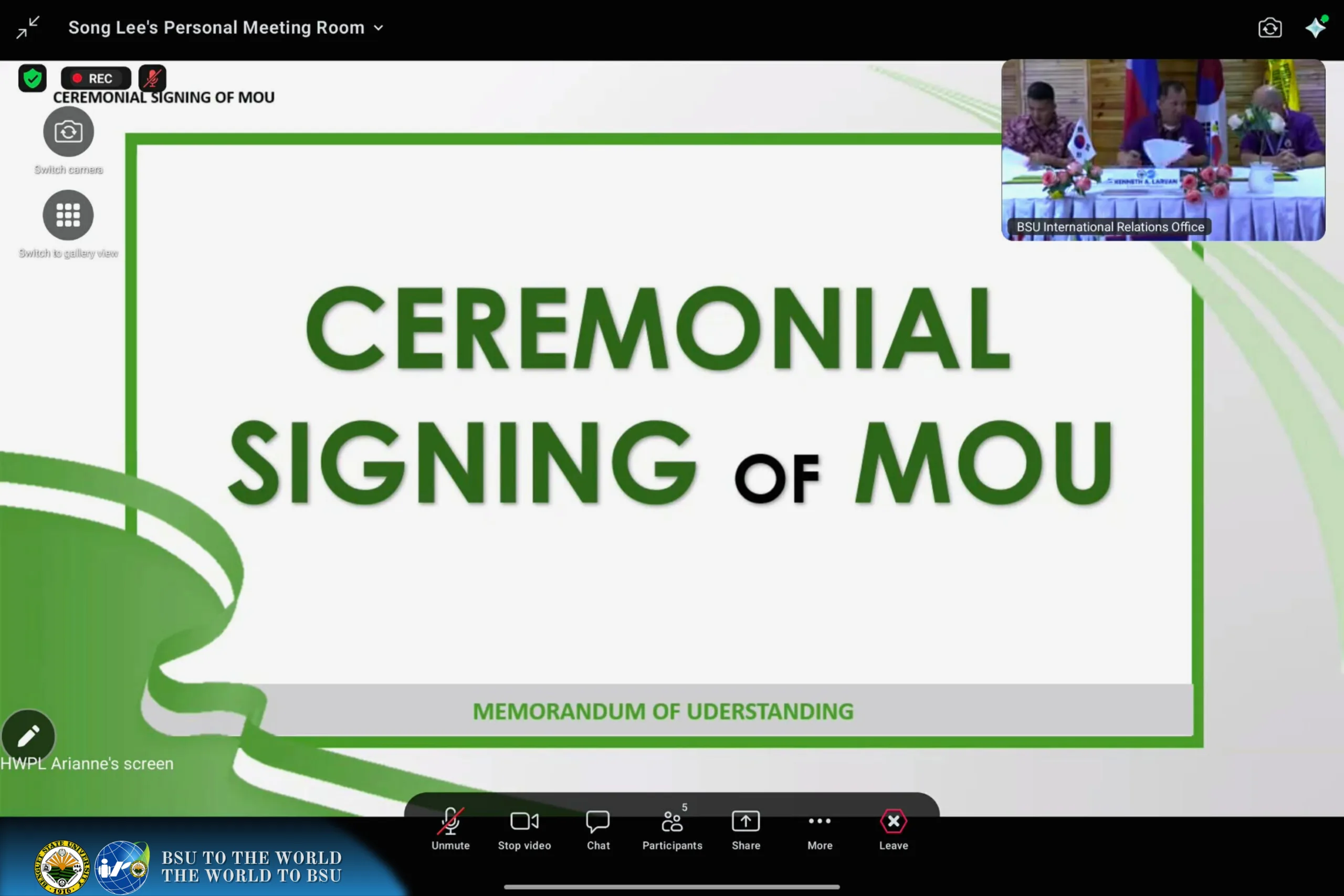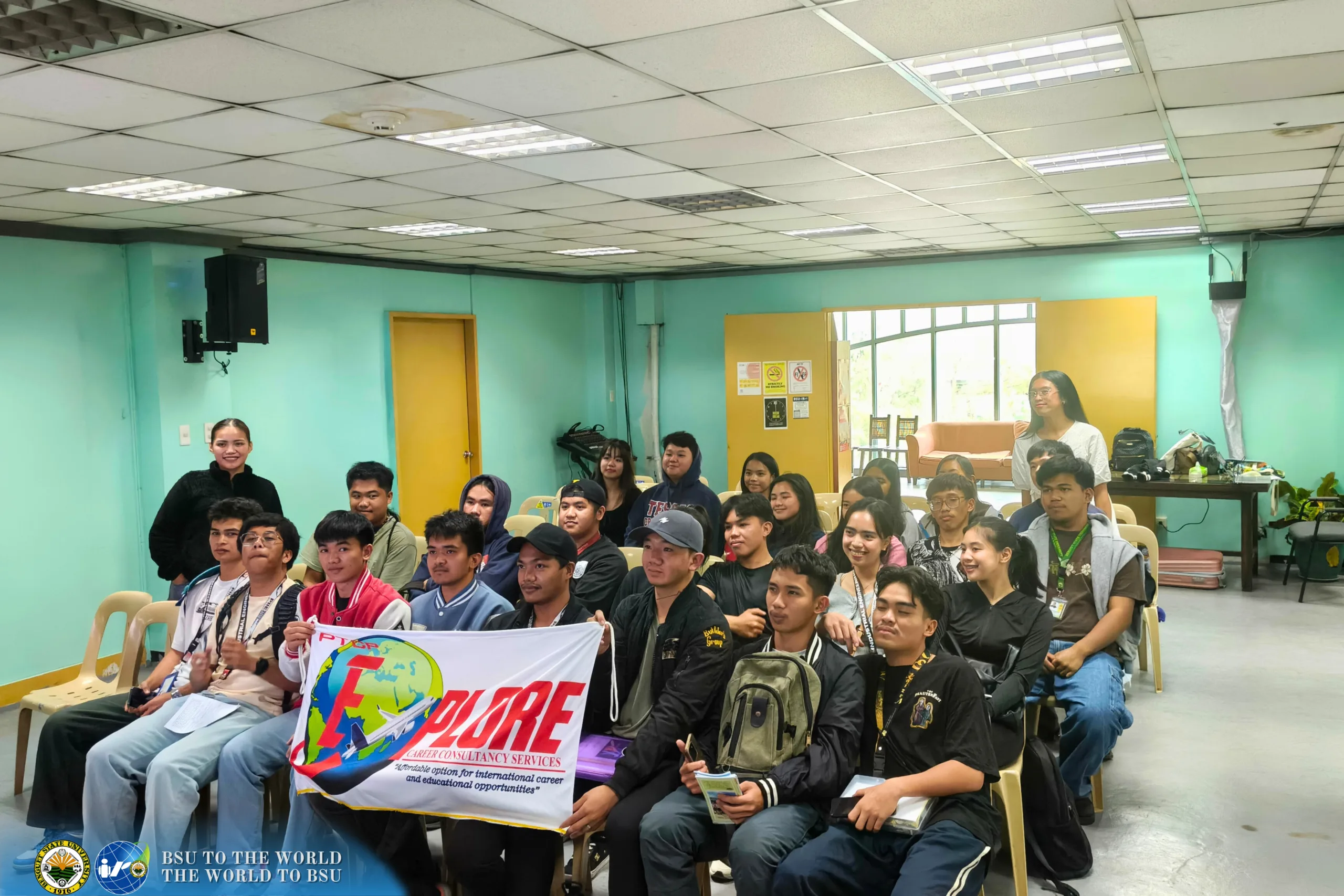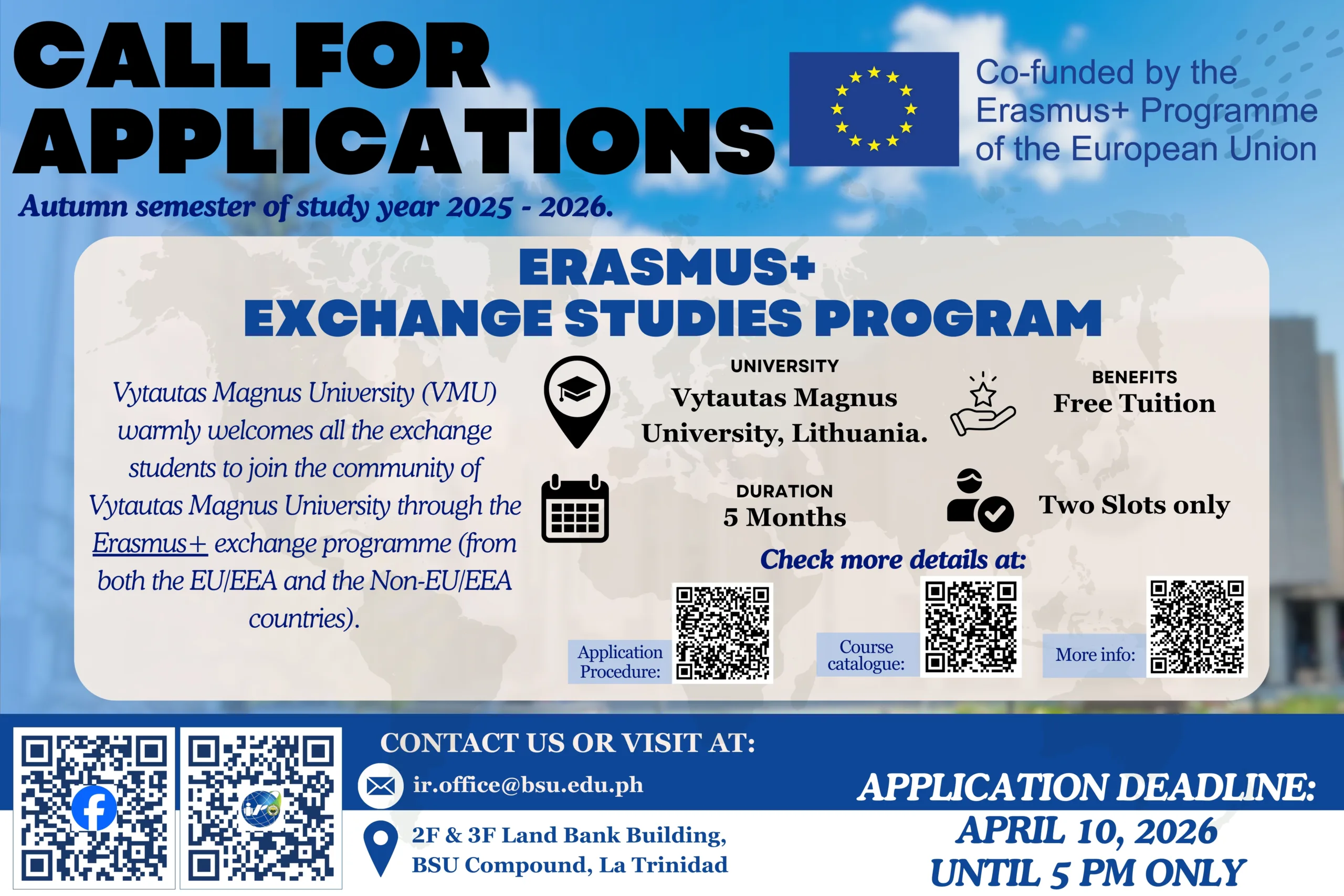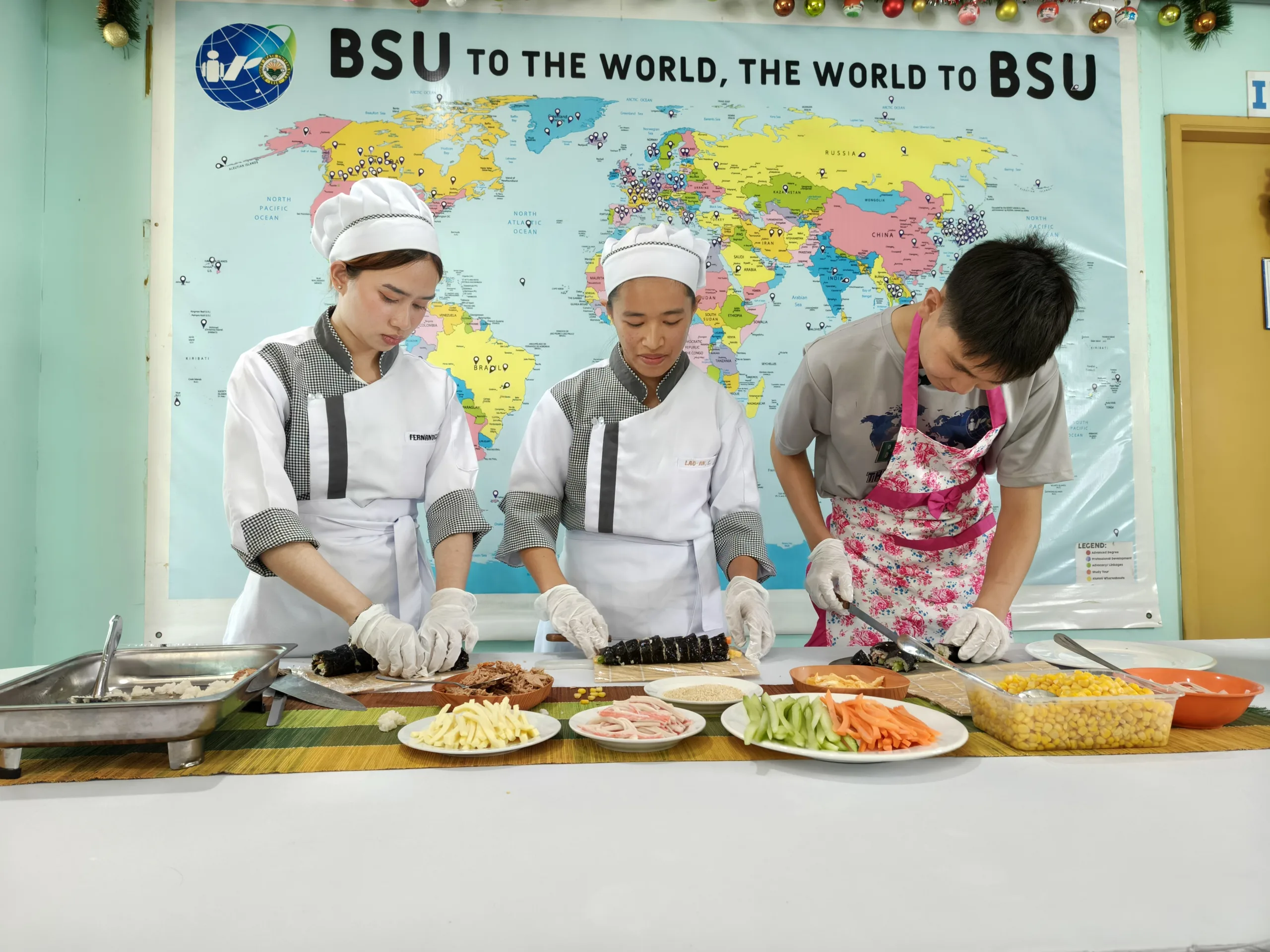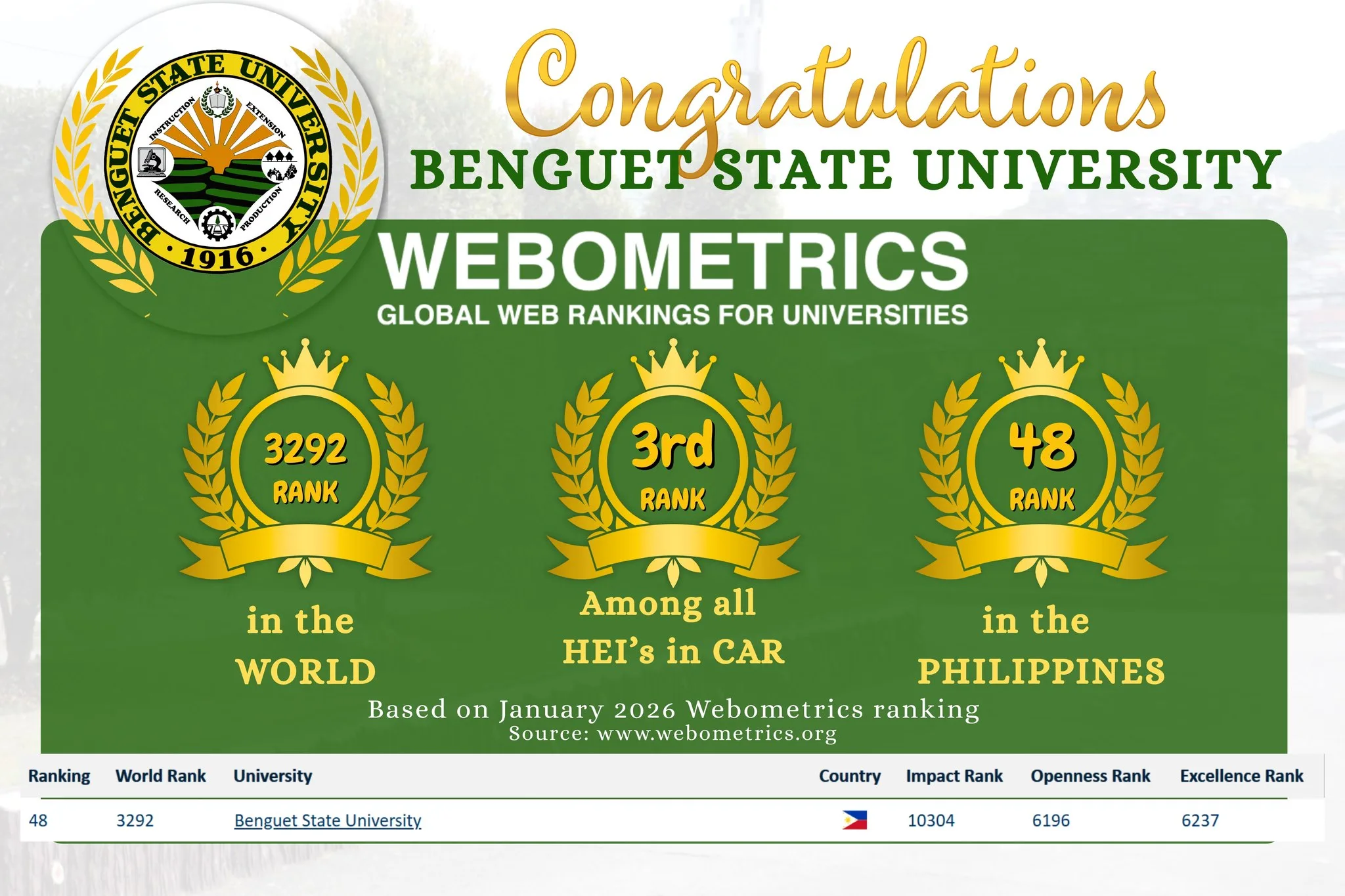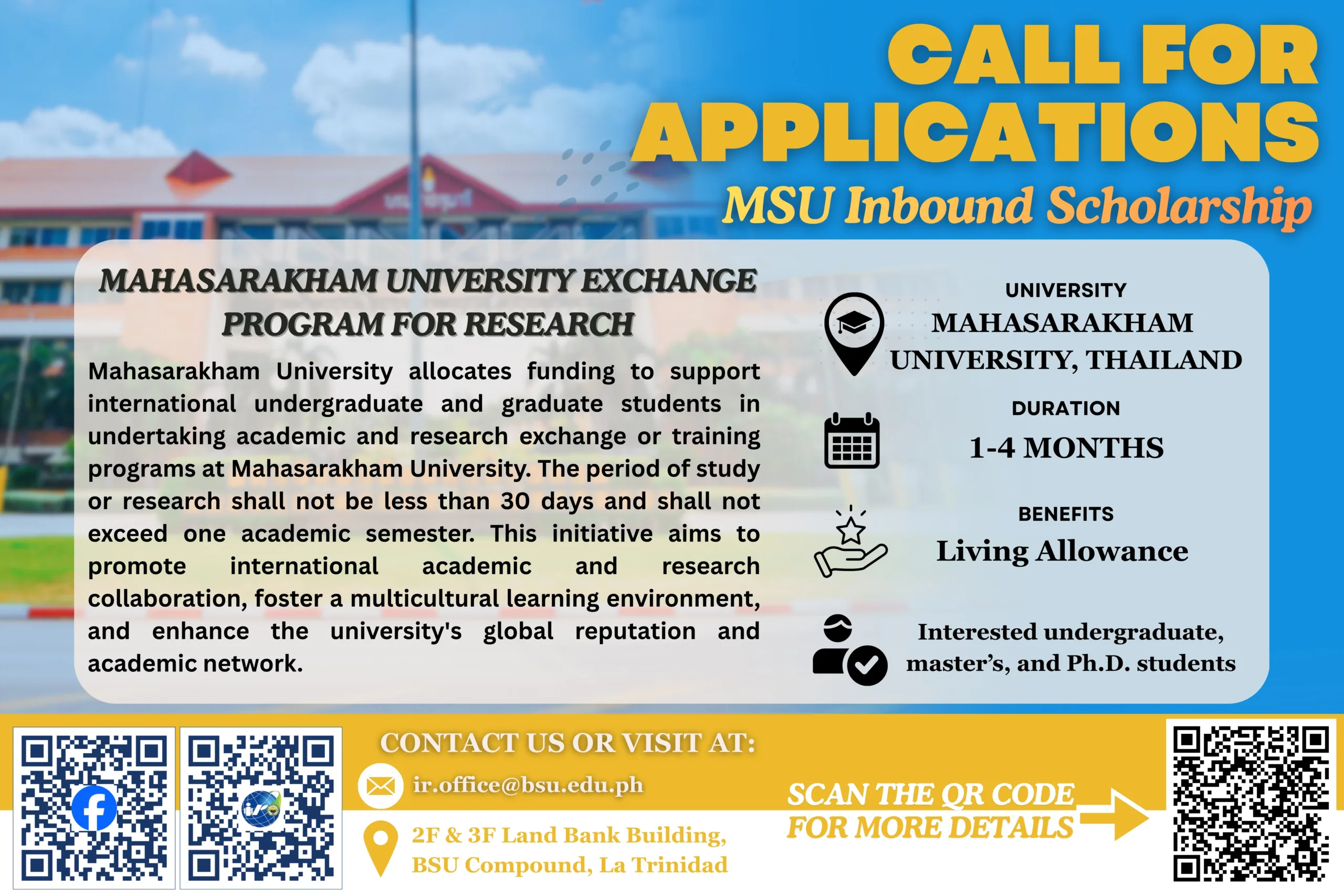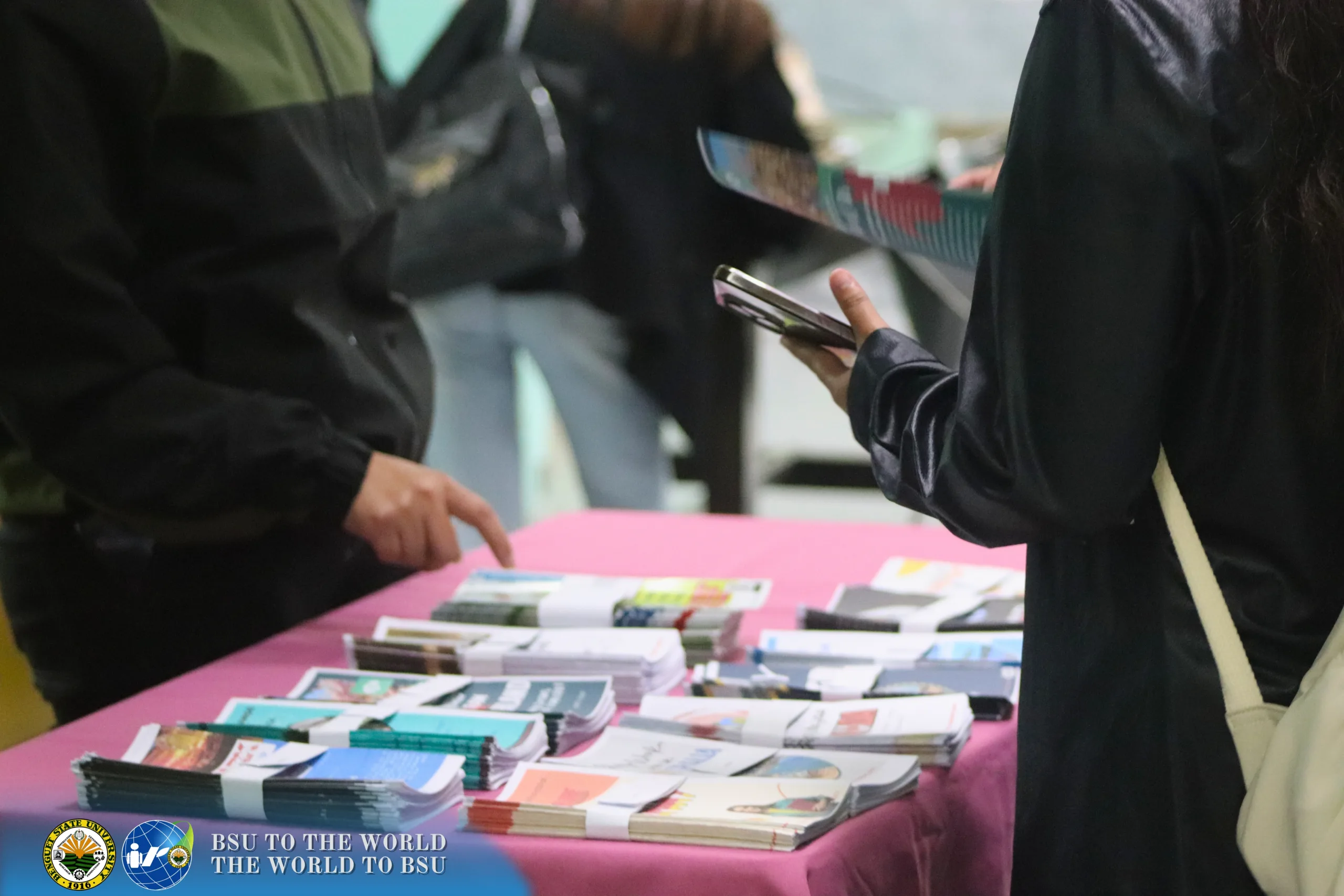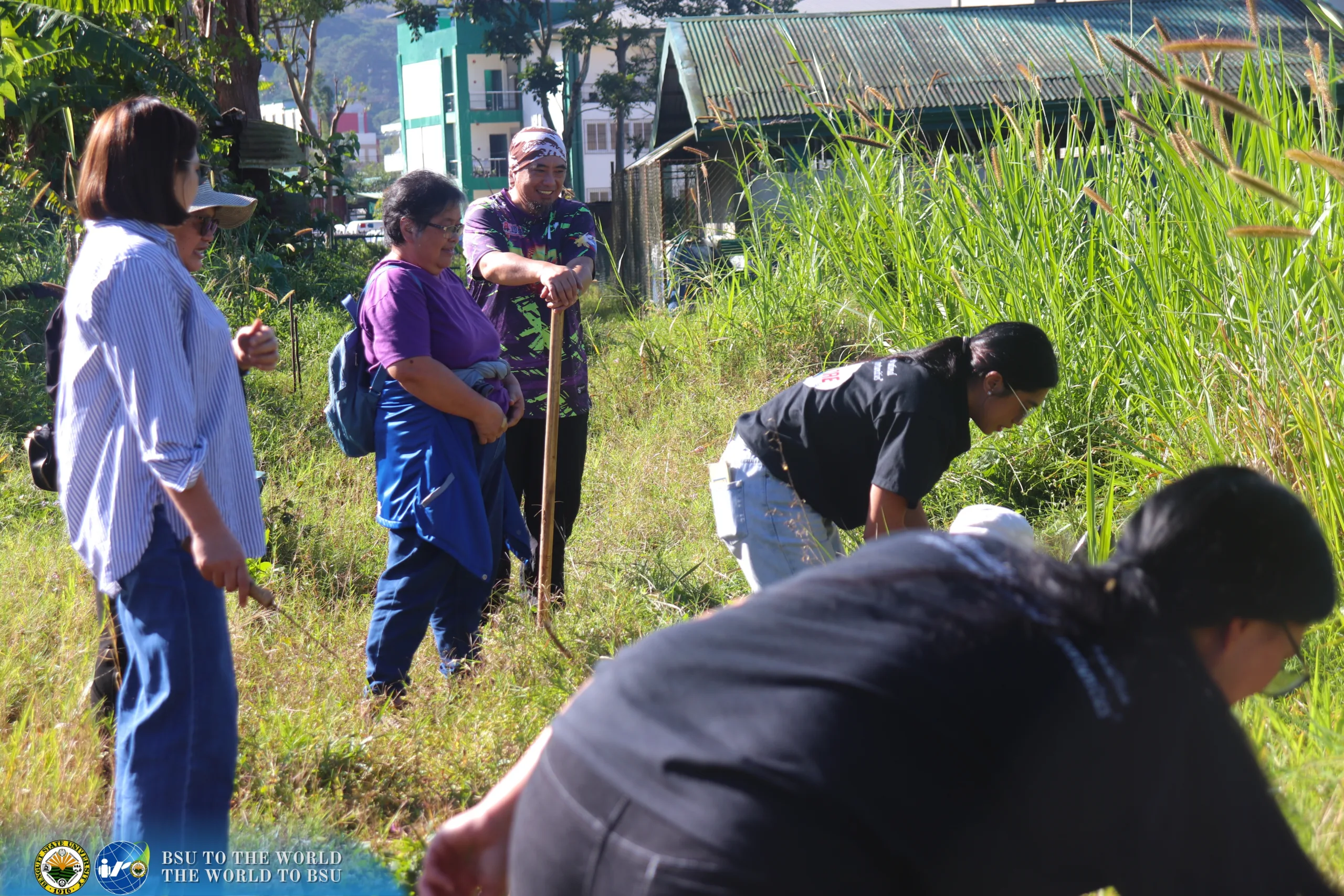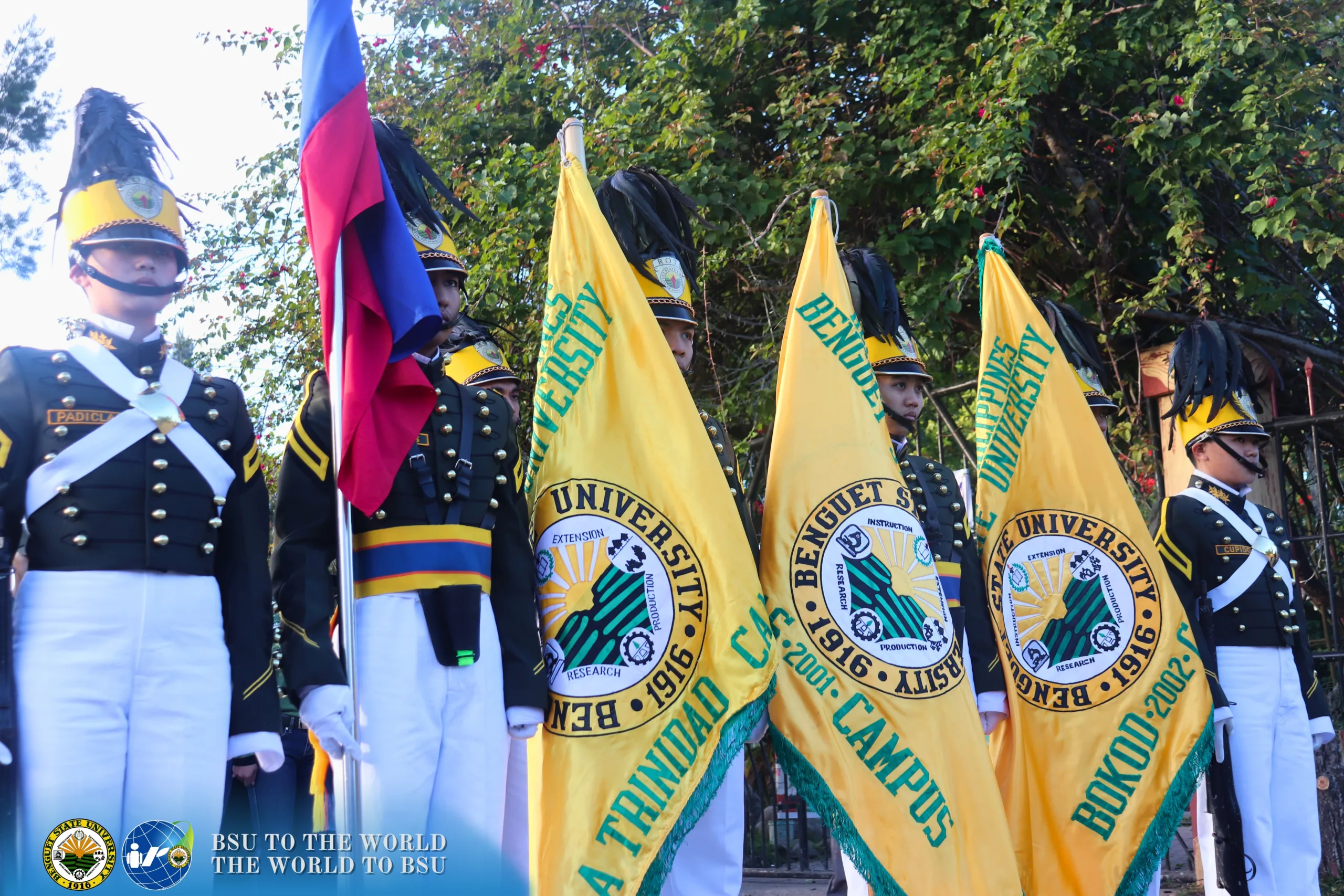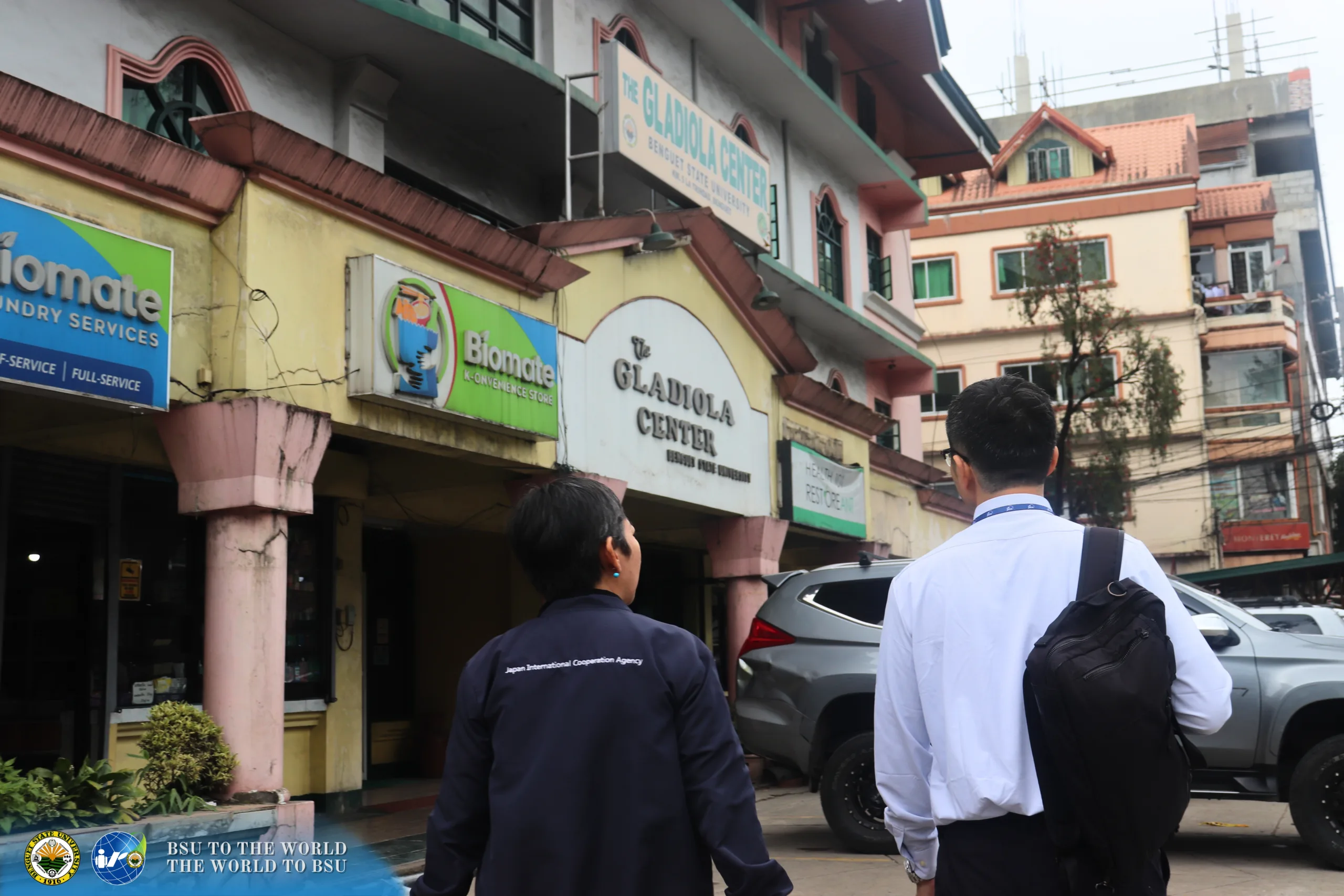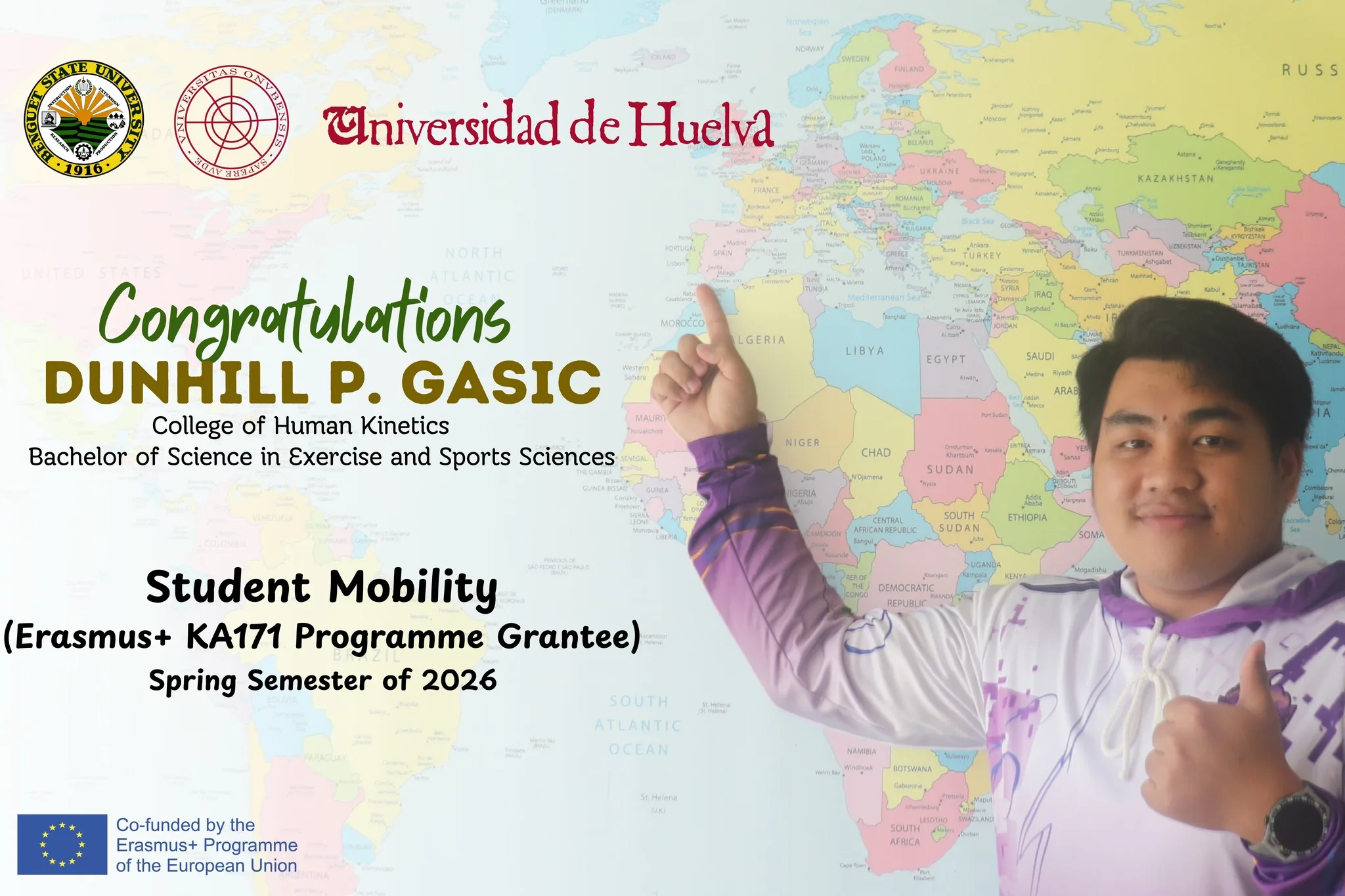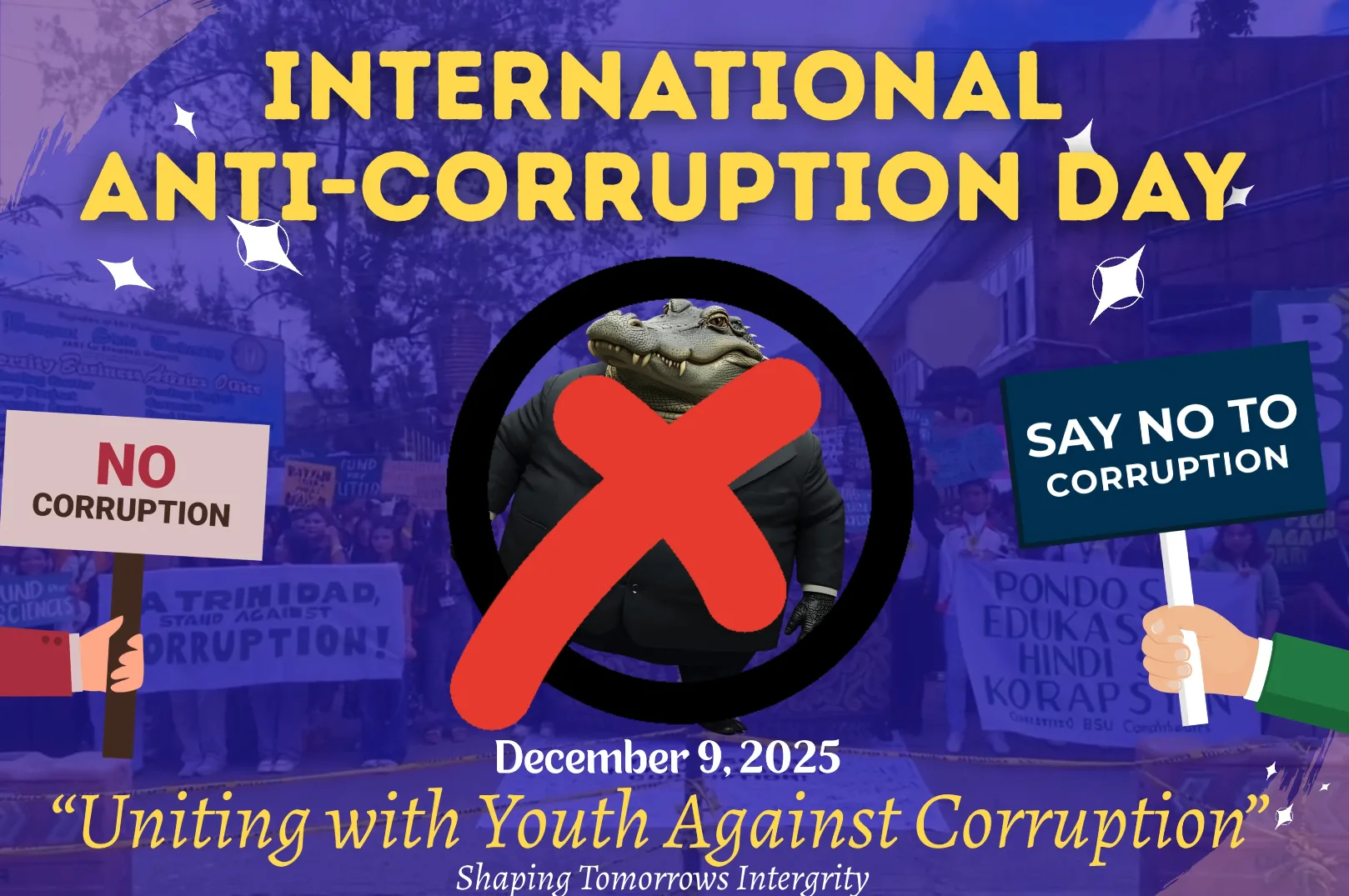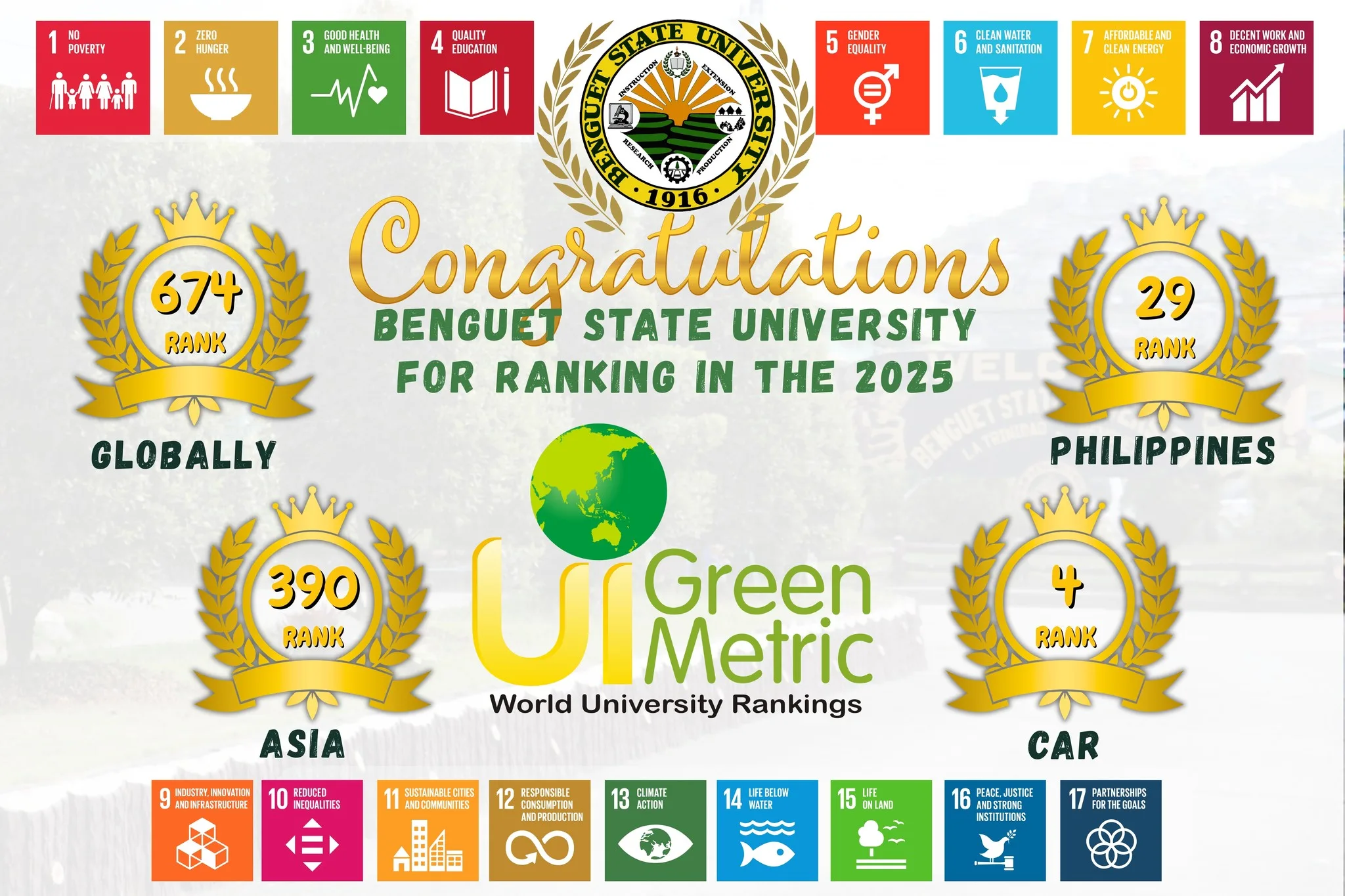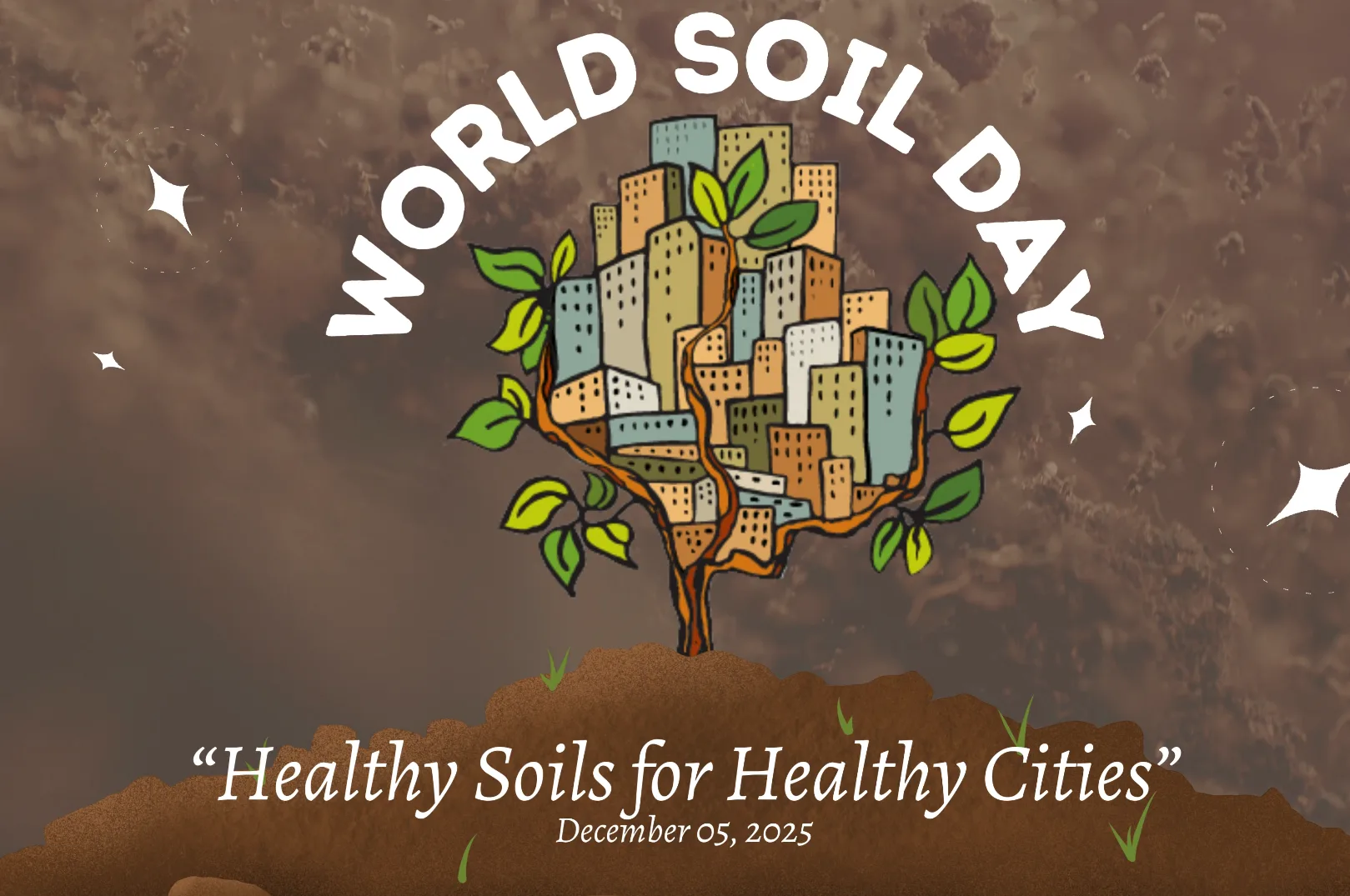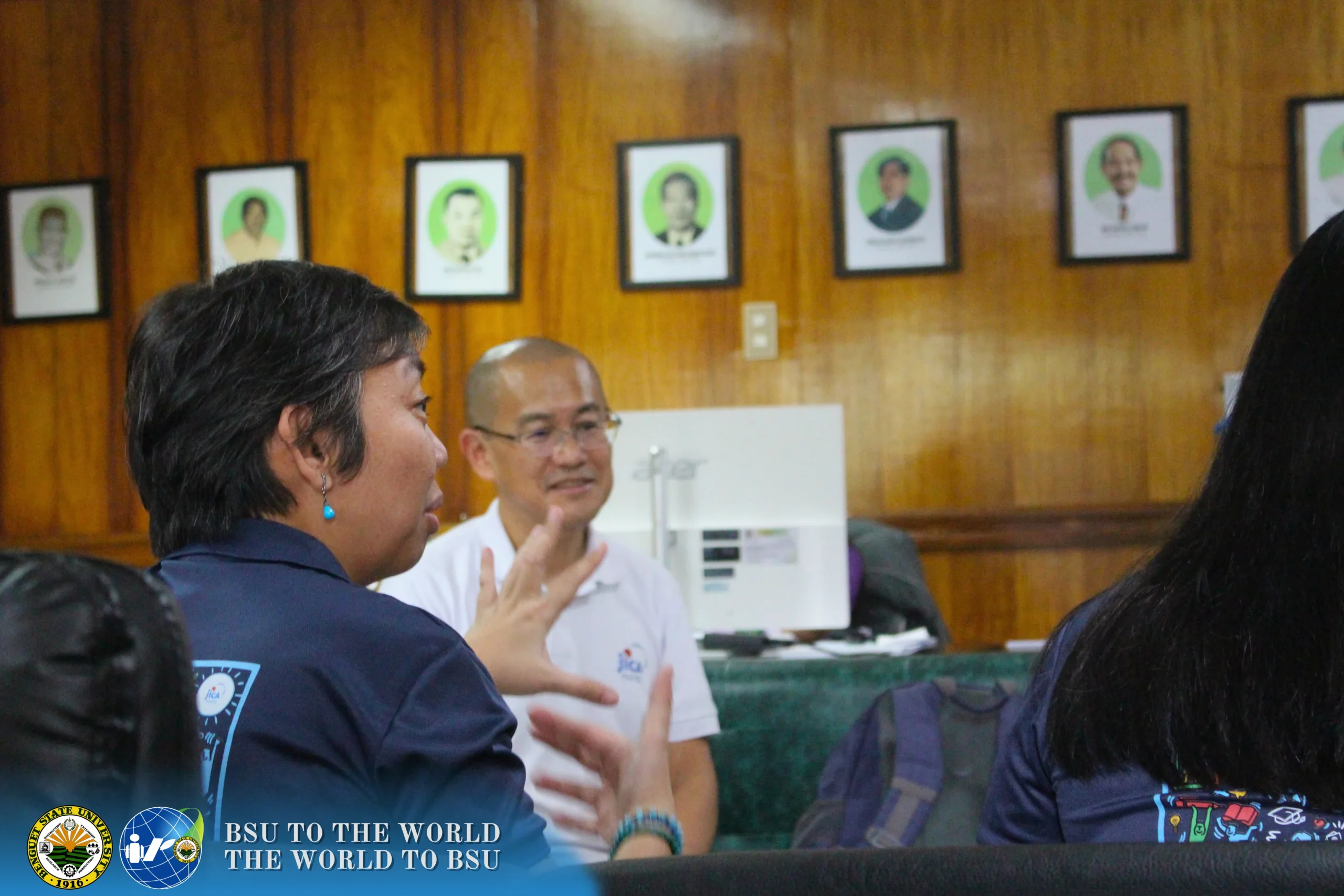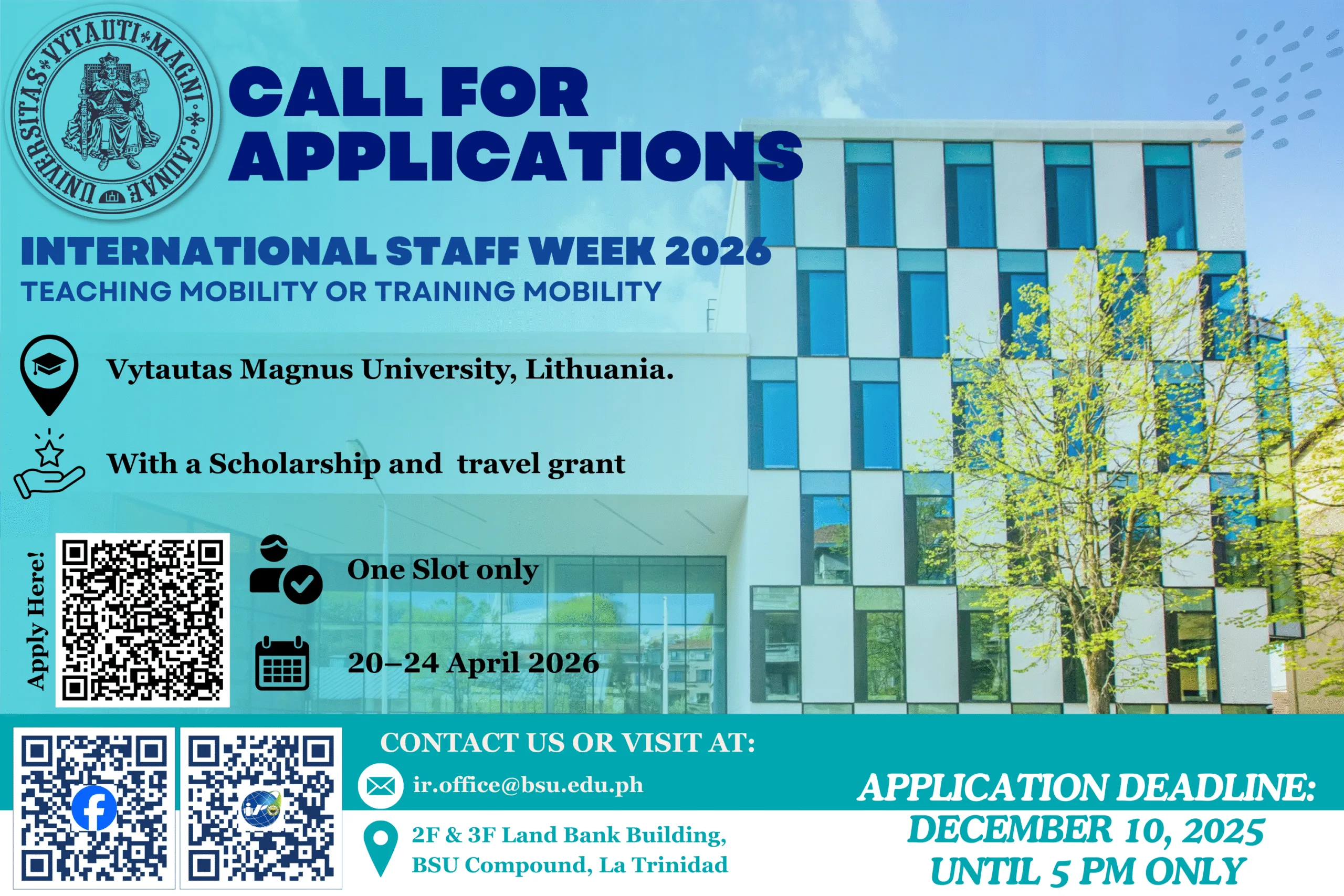The Benguet State University has again proved its dedication to agricultural innovation in the international arena, as two of its representatives, Dr. Janet P. Pablo and Ms. Frevy T. Orencia, attended a Training-Workshop on the Development of Low-Cost Smartphone Application with Deep Learning Models and the Tsukuba Conference 2025, which was held at the University of Tsukuba, Japan, between September 29 and October 3, 2025. Dr. Pablo and Ms. Orencia are key members of the BSU research project: “Precision Agriculture to enhance the productivity and economic profitability of Cabbage and Potato in Benguet,” which is funded by the Department of Science and Technology – Philippine Council of Agriculture, Aquatic and Natural Resources Research and Development (DOST-PCAARRD).
The training workshop was a week-long event, which took place at the Bioproduction and Machinery Laboratory, University of Tsukuba, led by Dr. Tofael Ahamed. The training was aimed at creating low-cost smartphone-based solutions to monitor plant health through the use of canopy imaging and a deep learning-based solution. This initiative supports Benguet State University’s (BSU) ongoing project to develop a user-friendly mobile application that will help local cabbage and potato farmers assess crop nutrient requirements and optimize fertilizer application. The workshop covered key topics such as image preprocessing, deep learning fundamentals, mobile development, and website development. The participants were able to integrate the deep learning model in the mobile application and website, completing the prototype for the project’s nitrogen (N)-application advisory tool.
In addition to the week-long training, Dr. Pablo and Ms. Orencia also had the opportunity to participate in the 2025 Tsukuba Conference. The conference was in its fourth edition since its launch in 2019 and brings together scientists, innovators, and emerging leaders from around the world to exchange ideas and explore cutting-edge research. With this year’s theme “Going into New Frontiers with Society,” the conference was focused on key areas such as space exploration, deep-sea research, brain science, nuclear fusion, and hydrogen energy. It also highlighted pressing issues and potential innovations relevant to the Global South, fostering collaboration toward sustainable and inclusive development. Among the plenary sessions attended by the BSU delegates were the Opening and Future Shapers Sessions, which gathered emerging scientists and leaders from various countries to discuss how emerging technologies like artificial intelligence and data science can serve human needs rather than replace them. The project participants presented in the special session on “AI and IoT to Integrate Automation in Farm Management: A Path to Sustainable Agriculture,” organized by Dr. Tofael. The BSU participants were able to engage with international experts from Malaysia, Taiwan, and Belgium who shared their research on digital tools for efficient farm management. These discussions are closely aligned with the BSU Precision Agriculture Project’s vision of using accessible technology to help Benguet farmers make informed fertilizer decisions and improve yield quality.
The visit concluded with a benchmarking activity at the Tsukuba Plant Innovation Research Center and other research facilities that showcased Japan’s advancements in agricultural engineering, sustainable farming, and precision crop management.
Impact on Sustainable Development Goals
The project’s focus on using technology to optimize fertilizer use and improve crop yields directly contributes to the United Nations’ Sustainable Development Goals:
#SDG2 (Zero Hunger) by improving productivity and economic profitability of staple crops to enhance local food security; #SDG9 (Industry, Innovation, and Infrastructure) by integrating artificial intelligence and mobile development into the agricultural sector; and #SDG12 (Responsible Consumption and Production) by promoting the optimized use of fertilizer to minimize waste and environmental pollution, ensuring more sustainable farming practices.
